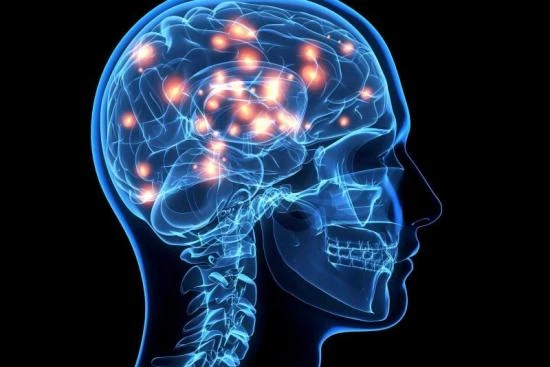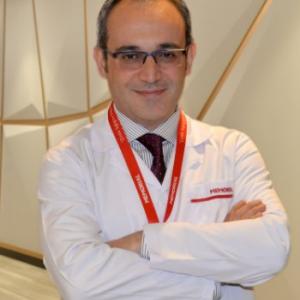Neurosurgery is a specialized branch of medicine concerned with the diagnosis, treatment and surgical management of disorders of the central and peripheral nervous system. This includes the brain, spinal cord, nerves and even the spinal column.
Whether it's a scheduled operation or an emergency situation, you can count on comprehensive medical support in Turkey. Thanks to constant advances in medical imaging, minimally invasive surgery and robotics, neurosurgical interventions are becoming safer and more effective, with better-controlled post-operative follow-up.
Price of neurosurgery in Turkey
The cost of neurosurgery in Turkey can vary depending on a number of factors, including the nature of the procedure, the complexity of the case, the reputation of the hospital and surgeon, as well as hospitalization costs and post-operative care.
With Turquie Santé, you have access to top-level neurosurgical care, performed by experienced specialists in accredited partner clinics. Rates are transparent, competitive and tailored to each individual case.
Send us your examinations and you'll quickly receive expert advice and a clear estimate of the cost of your operation.










